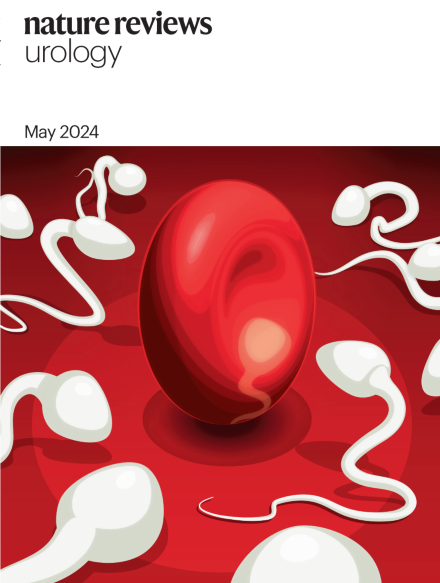
The effect of red blood cell disorders on male fertility and reproductive health
In this Review, the authors explore the effects of erythrocyte disorders and their treatment on male reproductive health.

In this Review, the authors explore the effects of erythrocyte disorders and their treatment on male reproductive health.


In this Perspective, Larcher et al. describe a dedicated treatment programme for Von Hippel–Lindau disease established at San Raffaele Hospital, which encompasses diagnosis, surveillance, treatment, research and outreach. The authors then discuss the benefits of care centralization for Von Hippel–Lindau disease and other rare diseases.